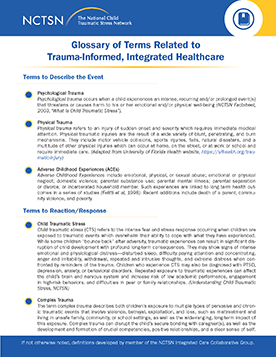
Glossary of Terms Related to Trauma-Informed, Integrated Healthcare
Provides a glossary of terms for healthcare providers to better understand the concepts within trauma-informed integrated care.
Wherever Healthcare Providers encounter children and families--whether in a clinic, hospital ER, school, or at a private outpatient practice--there are opportunities to integrate trauma-informed practices into the care families receive. The National Child Traumatic Stress Network has developed tools and materials to help physicians, nurses, and other healthcare professionals understand and respond to the specific needs of traumatized children. In addition to the NCTSN resources highlighted below, Healthcare Providers can learn more about trauma-informed integrated care in the Trauma-Informed Care section of this website.

Provides a glossary of terms for healthcare providers to better understand the concepts within trauma-informed integrated care.
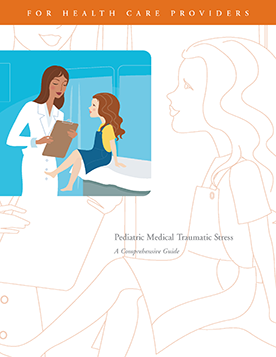
Offers a compendium of tools to guide medical professionals in effectively assessing and treating medical traumatic stress in children and families. This toolkit helps providers address the emotional, as well as the physical side of trauma.
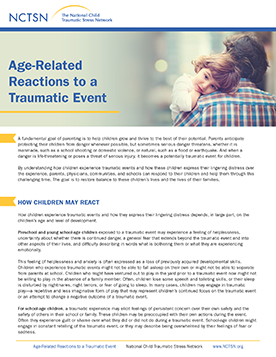
Describes how young children, school-age children, and adolescents react to traumatic events and offers suggestions on how parents and caregivers can help and support them.

Defines child traumatic stress. This fact sheet gives an overview of trauma, describes traumatic stress symptoms, and ways children may be impacted.
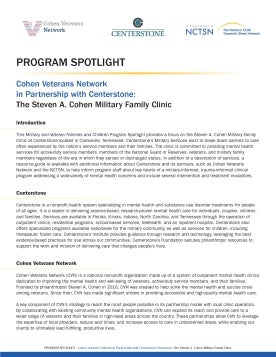
Provides a focus on the Steven A. Cohen Miliary Family Clinic at Centerstone.
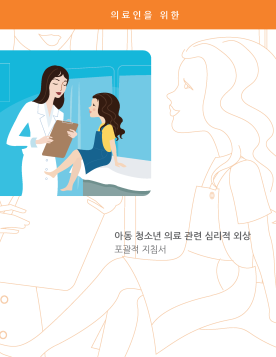
Offers a compendium of tools to guide medical professionals in effectively assessing and treating medical traumatic stress in children and families. This toolkit helps providers address the emotional, as well as the physical side of trauma.
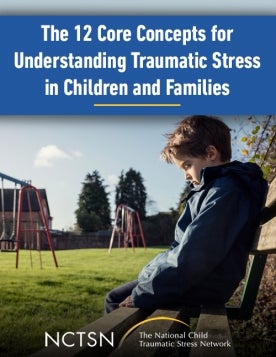
Helps learners to create a trauma lens through which they can view and better comprehend the effects of traumatic experiences and losses.
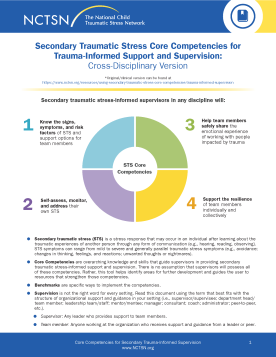
Identifies the core competencies that STS-informed supervisors in any discipline should have. This fact sheet defines terms, outlines benchmarks for each competency, and offers supervisors guidance on ways...
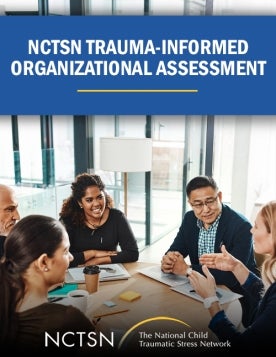
Helps organizations assess their current practices in the context of serving children and families who have experienced trauma. It is an important part of an organizational transformation process to create trauma-informed organizations.
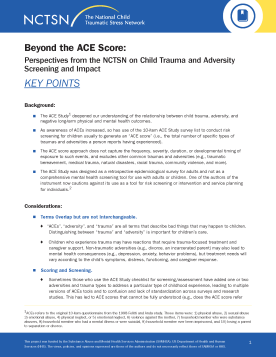
Highlights key points for providers, family advocates, and policymakers to understand about Adverse Childhood Experiences (ACEs) and child trauma. This resource was adapted from...
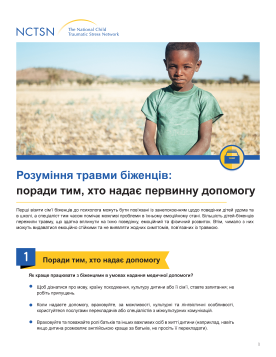
Outlines different considerations that primary care providers need to take into account when working wih reugee youth and their families.This fact sheet describes the cultural, child and youth, family, and provider considerations that healthcare providers should understand when working with this
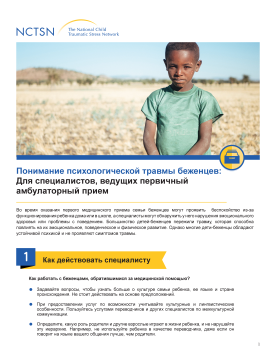
Outlines different considerations that primary care providers need to take into account when working with refugee youth and their families.